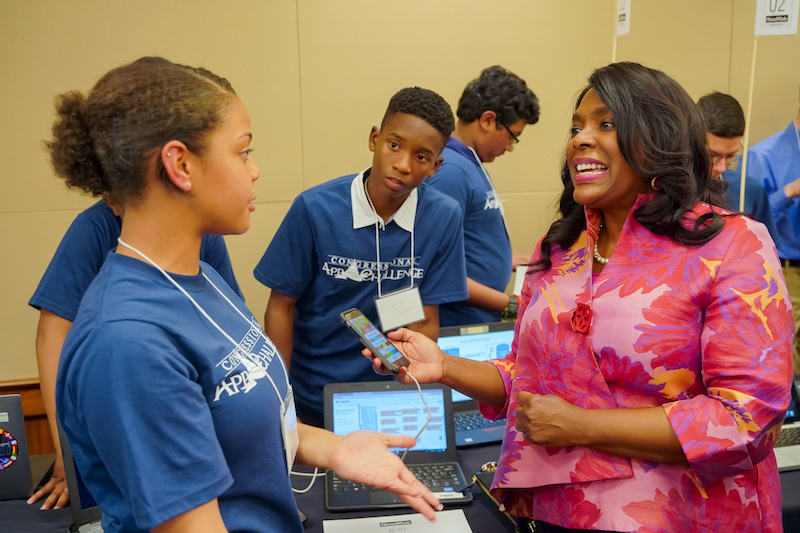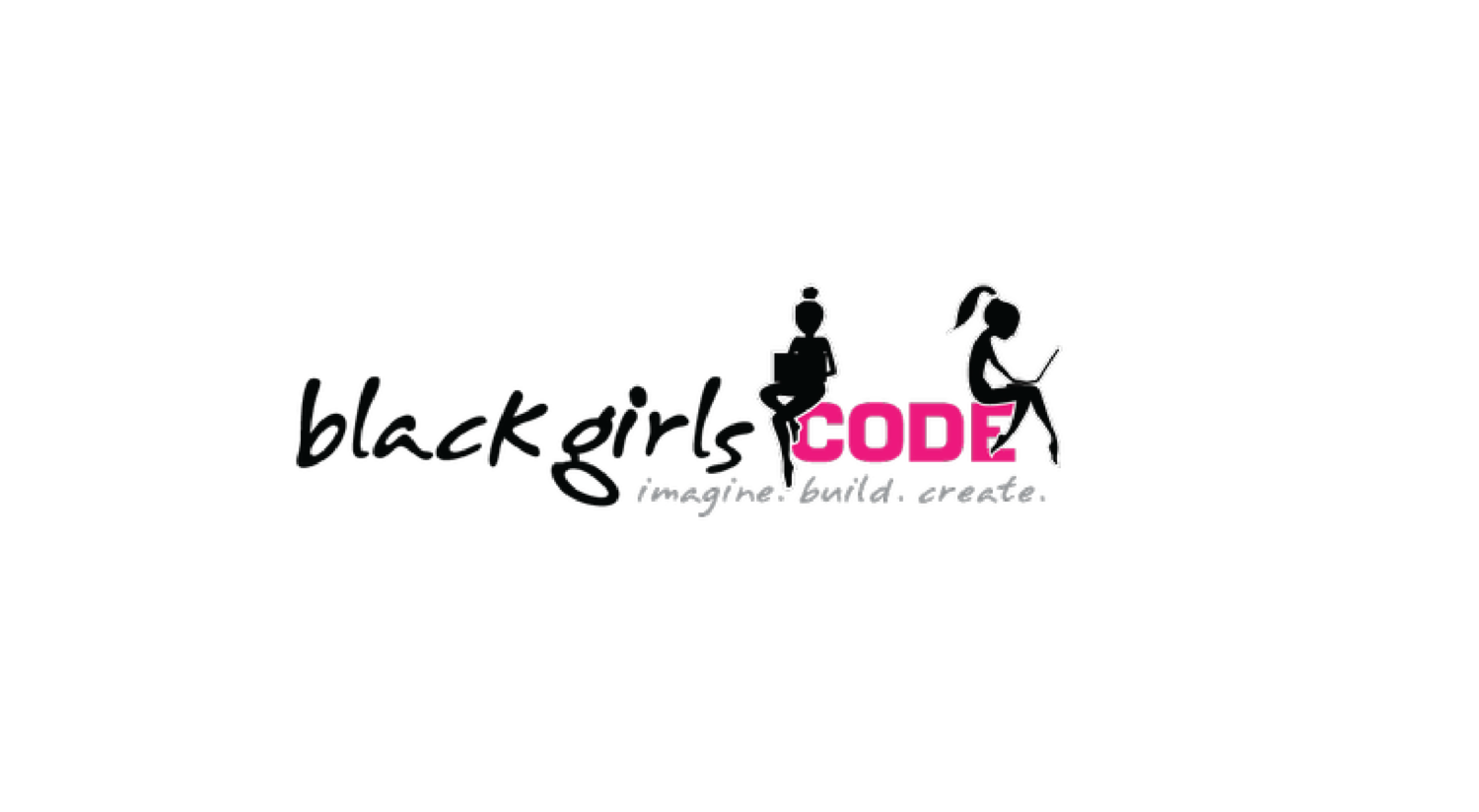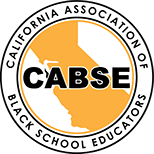Congressional App Challenge Boosts Tech Talent Pipeline for Black Students Interested in Computer Science

WASHINGTON, DC – In 2018, the National Urban League published its annual State of Black America report, detailing Black Americans’ status in a number of areas. The 2018 report, titled “Powering the Digital Revolution,” focused on the lack of opportunities in tech for African Americans. At the majority of tech companies, less than 5% of the digital workforce identify as black. To address this issue, the US House of Representatives has partnered with the Internet Education Foundation to host the Congressional App Challenge, the nation’s premier computer science competition. Since its inception in 2015, the Challenge has served a significant number of black students at a rate four times higher than Silicon Valley.
For companies looking to increase the diversity of their workforce, fixing the tech talent pipeline is incredibly important. From K-12 education to access to internet and technology, black students have been left behind. According to the US Census Bureau, 36.4% of African American households in 2017 did not have broadband internet connection or a computer. High schools with predominantly African American student populations offer advanced math and calculus courses at a rate 10-12% lower than other high schools in the United States, and in 2011, only 29 black students took the AP Computer Science exam out of 3,101 students overall. Among black STEM employees, around half felt that they were less likely to have access to quality education that would prepare them for STEM fields.
One way to combat this disparity is to expose black and other underrepresented minority students to STEM opportunities at an early age. The Brookings Institute argues that there must be efforts to “expand the diversity of the IT talent pipeline… [and] radically expand exposure to entry-level tech skills… at the local level.” With its wide reach and low barrier to entry, the Congressional App Challenge offers this exposure to students from all backgrounds, regardless of previous coding background. In 2018, black students comprised 11% of participants nationwide. Students from sixth grade and on can participate in the Challenge against others in their Congressional district.
In partnership with organizations such as Black Girls Code and California Association of Black School Educators, Congress and the Internet Education Foundation are committed to increasing diversity in the tech industry. By inspiring these students early in their education, the Congressional App Challenge aims to create the nation’s future leaders, coders, and computer science professionals.


